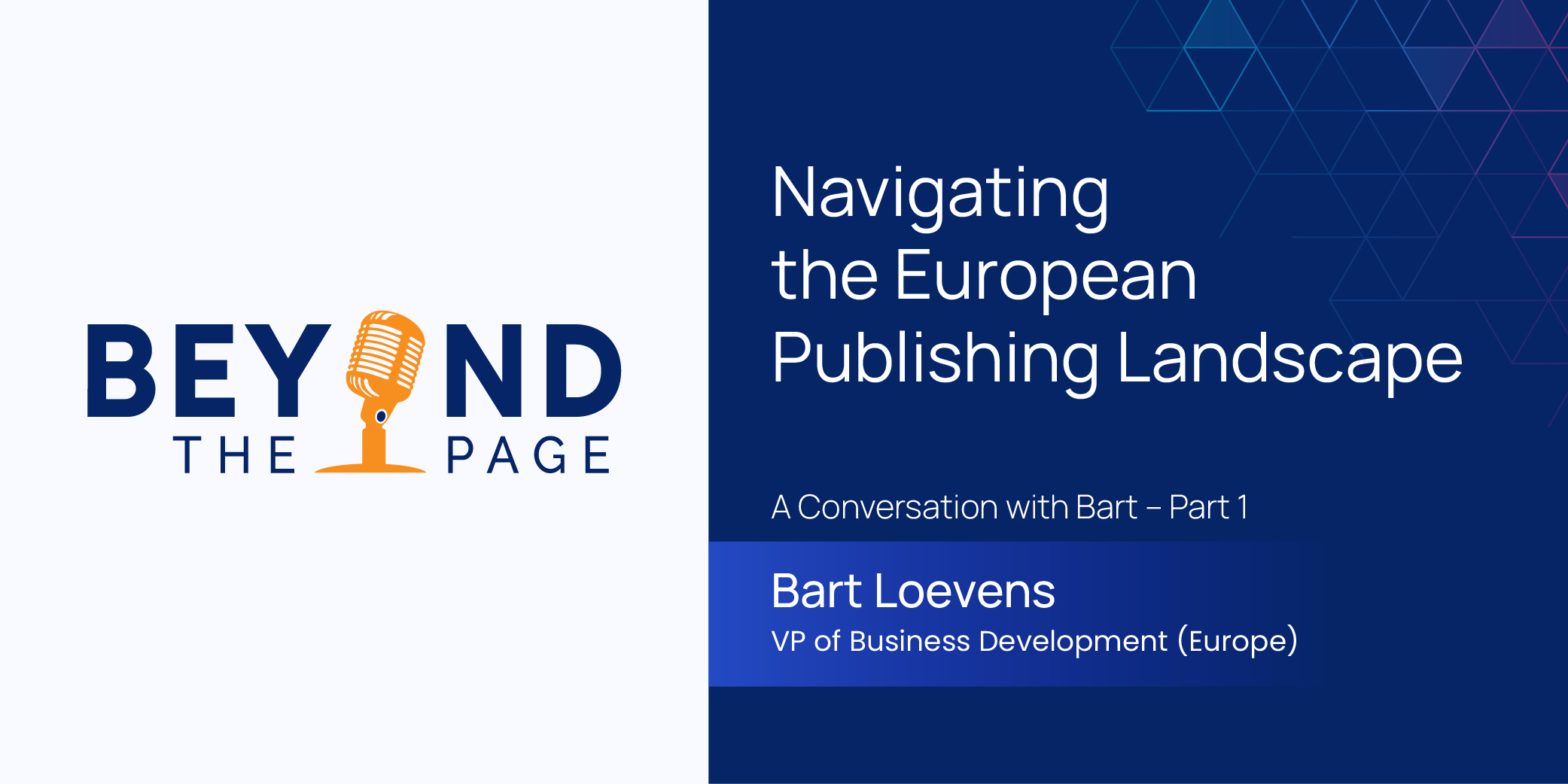How AI Business Intelligence is Changing the Game in Analytics

In today’s fast-evolving business landscape, AI business intelligence stands at the forefront of revolutionizing data analysis and strategic decision-making processes. By harnessing the power of advanced algorithms and machine learning, businesses are able to unlock valuable insights from vast amounts of data more efficiently than ever before. This shift not only enhances operational efficiency but also provides a competitive edge in understanding market trends and customer behaviors. The significance of integrating generative AI into business analytics frameworks cannot be overstated, as it paves the way for generating innovative solutions and uncovering patterns that were previously indiscernible. A McKinsey survey revealed that 63% of businesses incorporating AI in 2023 observed revenue growth. Artificial intelligence is anticipated to double workforce efficiency and increase profitability by an average of 38% by 2035, as forecasted by Accenture.
The Role of Generative AI in Business Analytics
Importance and Benefits of Generative AI
Data is the new currency: 58% of data-driven companies exceed revenue targets, yet 41% of leaders find data too complex, and one-third can’t generate insights. Generative AI technology changes this. By integrating with data analytics platforms, generative AI enables users to interact with data through simple prompts, uncovering valuable insights and identifying trends that support strategic business moves. Additionally, the adaptability of generative AI to various tasks without extensive task-specific training allows businesses to implement AI quickly and efficiently, leading to enhanced productivity and competitive advantage. As businesses continue to adopt generative AI, they experience transformative impacts in areas like customer service, product design, and overall operational efficiency.
Key Applications of Generative AI in Business Analytics
Automating Data Analysis
Generative AI significantly automates data analysis processes, simplifying data preparation through automated cleaning, transformation, integration, and enrichment. By generating predictive models with high precision, these tools enhance exploratory data analysis, aiding analysts in drawing meaningful conclusions for informed decision-making.
Enhancing Predictive Analytics
In the realm of predictive analytics, generative AI facilitates the creation of synthetic data, which enhances model accuracy and broadens the applicability of predictive tools across various industries. This integration allows for the simulation of numerous potential future scenarios, improving forecasts and strategic planning.
Improving Data Visualization
Generative AI revolutionizes data visualization by automating the analysis and interpretation of complex data sets, thus enabling the creation of visually engaging insights. This technology not only simplifies the visualization process but also enhances the quality and accessibility of visual data representations, making complex information easier to understand and actionable.
Streamlining Data Management
The application of generative AI in data management transforms the efficiency and effectiveness of data handling. It automates the ingestion and preprocessing of data, ensuring that data remains up-to-date and easily accessible for AI systems. Furthermore, AI-driven tools facilitate the integration of data from various sources, maintaining data coherence and utility across different platforms.
Challenges and Considerations
Data Privacy and Security Concerns
Generative AI in business analytics introduces significant data privacy and security challenges that must be meticulously managed. Organizations are required to comply with stringent data privacy regulations such as GDPR and CCPA, which necessitate robust data protection measures. Implementing encryption for data at rest and in transit, alongside strict access control, is crucial for preventing unauthorized data breaches.
Understanding and Mitigating Bias
Bias in generative AI can lead to unfair outcomes and erode trust in AI systems. It is essential to employ fairness metrics like Disparate Impact and Equal Opportunity to assess and mitigate biases. Techniques such as diverse data collection, adversarial training, and debiasing algorithms are vital for reducing bias in AI-generated outputs, ensuring they are equitable and representative of all societal segments.
Ensuring Data Quality and Accuracy
The accuracy and reliability of business intelligence tools hinge significantly on the quality of the underlying data. Inconsistencies, duplications, and outdated information can skew analytics, leading to misguided business decisions. Establishing robust data governance and regular audits are imperative to maintain high data quality.
Integration with Existing Systems
Seamless integration of generative AI with existing business systems, databases, and APIs is critical to ensure effective deployment and functionality. IT teams must lead this effort, aligning new AI capabilities with the current technological infrastructure to facilitate smooth data flow and compatibility. This integration is crucial for leveraging the full potential of generative AI in enhancing business analytics and decision-making processes.
Successful Implementations of Gen AI in Various Industries
- Marketing and Sales: Generative AI has revolutionized the marketing sector by enabling personalized customer communication and automating content creation, significantly enhancing sales productivity and SEO optimization.
- Software Engineering: In software development, generative AI has reduced the time spent on coding and debugging by 20 to 45 percent, thereby increasing overall productivity.
- Product Design: By optimizing material use and design processes, generative AI has led to cost reductions in production and logistics for product designers.
- Healthcare Documentation: Lifespan utilized GPT-4 to simplify medical forms, enhancing patient comprehension and satisfaction, showcasing the potential of generative AI in healthcare.
Measurable Benefits and Outcomes
- Increased Efficiency: Implementing generative AI has shown a potential increase in sales productivity by 3 to 5 percent and a 10 to 15 percent value in overall R&D cost reductions.
- Enhanced Customer Experience: Generative AI has improved customer engagement and personalized experiences across various sectors, leading to higher customer satisfaction and retention.
- Innovation and Growth: Businesses have reported the ability to explore new markets and enhance product offerings through insights generated by AI, fostering growth and competitive advantage.
Future Prospects and Trends
Advancements in Generative AI Technology
Generative AI continues to evolve rapidly, with significant progress marked by the release of models like GPT-4o, which offer enhanced capabilities over their predecessors. The technological advancements that underpin generative AI have been decades in the making and promise to revolutionize various sectors by automating and enhancing tasks previously done by humans.
Potential Impact on Different Business Areas
The impact of generative AI is expected to be profound across all sectors, with particular emphasis on banking, high tech, and life sciences. These industries may see the most significant transformations in terms of revenue generation and operational efficiencies. The automation potential of generative AI could lead to substantial productivity increases, with labor productivity growth projected between 0.1 to 0.6 percent annually through 2040.
Preparing Your Business for AI Integration
For businesses to effectively integrate AI, it is crucial to start with small, manageable applications, such as using AI for summarizing meetings or translating content, to familiarize employees with the technology. As the organization gains confidence, AI can be scaled up to more complex tasks, ensuring that the technology aligns with business objectives and delivers the intended benefits.
The journey of integrating generative AI into business processes is laden with challenges ranging from data privacy and security concerns to ensuring data quality and accuracy. However, by embracing best practices and lessons learned from successful implementations across industries, companies can navigate these hurdles effectively. As we look to the future, the significance of preparatory measures for AI integration, continuous learning, and adaptation to evolving technologies cannot be overstated. For businesses seeking to understand more about the transformative impact of generative AI and to strategically position themselves at the vanguard of this innovation, connecting with our AI experts offers a pathway to unlocking these capabilities. Explore how to revolutionize your analytics and decision-making processes with our team at Integra.
News & Insights

Enabling Accessibility in Scholarly Publishing – A Conversation with Lakshmanan Thirumoorthy

Navigating the European Publishing Landscape – A Conversation with Bart – Part 2

